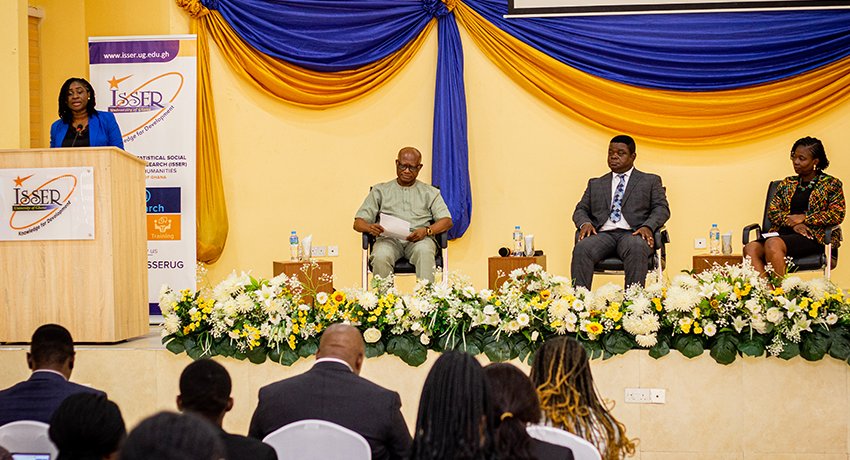Onsite participants (from left – right): Moderator, Dr. Twumasi Baffour, and panelists, Prof. Fosu, Prof. Quartey and Mrs. Sabah.
The experience of a sovereign debt crisis is not new to Ghana. However, the 2022 crisis has been particularly severe, impacting both domestic and external creditors and all sectors of the economy, with implications for efforts to achieve the SDG goals and development targets. Expectedly, the crisis and the government’s eventual recourse to the International Monetary Fund (IMF) for a bailout became the subject of much debate – characterized by various attempts to shed light on the causes of and solutions to the crisis.
Recognizing the need for an independent forum capable of providing a comprehensive and evidence-led analysis of the topic, ISSER organised a development dialogue on Ghana’s public debt management. The event was themed, Ghana’s Public Debt Management: facts, Impact, and the Way Forward, and it assembled a representative slate of panelists to weigh in on the topic. The five-member panel, which included people from academia, research, civil society, and industry, discussed the topic under five sub-themes that covered the breadth and depth of the debt crisis.
The five panelists were Prof. Augustin Fosu, ISSER, speaking on the sub-theme, Understanding the factors and causes of our historical debt crises: Prof. Peter Quartey, Director of ISSER, on Analysing the effects of a second round of debt exchange in Ghana, and Dr. Sam Mensah, Financial Economist and Investment Banking Consultant, on the impact of the current crisis on the future of the financial sector e.g., pension funds and insurance.
The others were Mrs. R. Teiko Sabah, National Director, Development and Social Services, Presbyterian Church of Ghana, speaking on the impact of the current crisis on the financing and delivery of social services such as health and education, and Dr. Theo Acheampong, University of Aberdeen, UK, on The different policy options or measures required to prevent a recurrence of Ghana’s experience. The discussions were moderated by Dr. Priscilla Twumasi Baffour, a Senior Lecturer at the Department of Economics, University of Ghana.
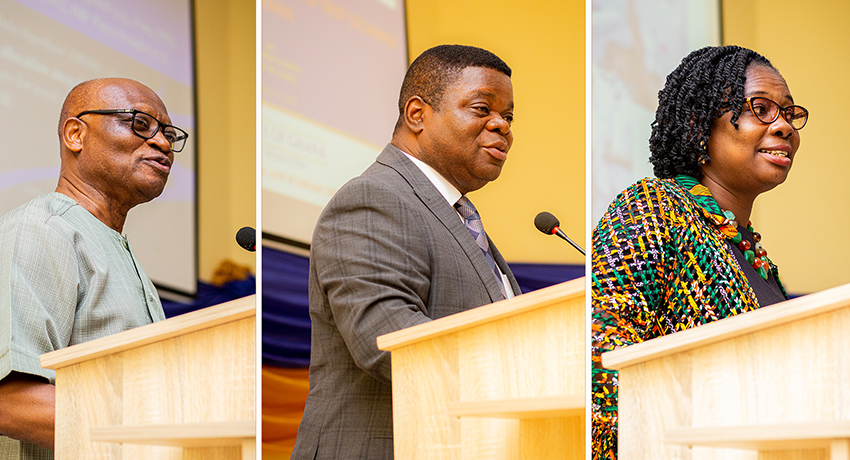
There were riveting presentations by panelists on their assigned sub-themes, followed by an enlightening discussion segment where they interacted with participants, addressing a range of questions and comments.
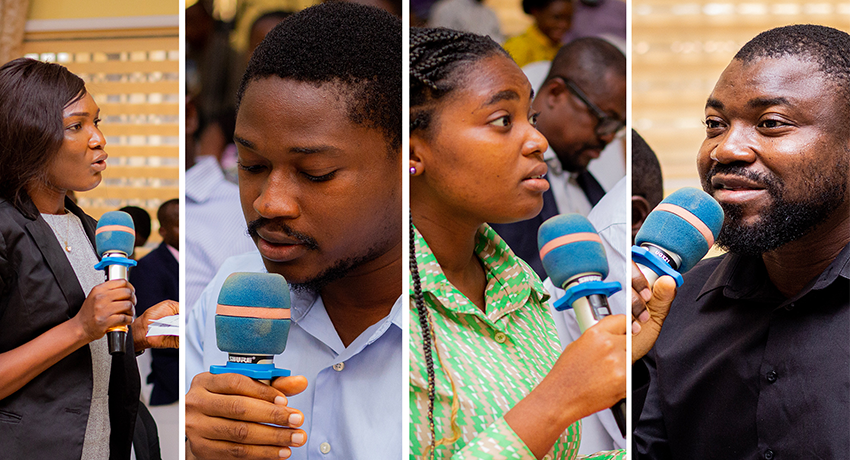
From giving a historical trend analysis of Ghana’s public financial management from the 1990s to date, to tracing the trajectory to and lessons of the Domestic Debt Exchange Programme (DDEP), and outlining the impacts on the financial market and social sector of the DDEP, the 18 September 2023 ISSER Development Dialogue on Ghana’s Public Debt Management contributed significantly to fostering a credible and all-rounded understanding of the subject.
More importantly, it proffered new and evidence-backed solutions, that if implemented, would help in advancing the government’s efforts to deal with the crisis and put the nation on the path of sustainable and inclusive development.
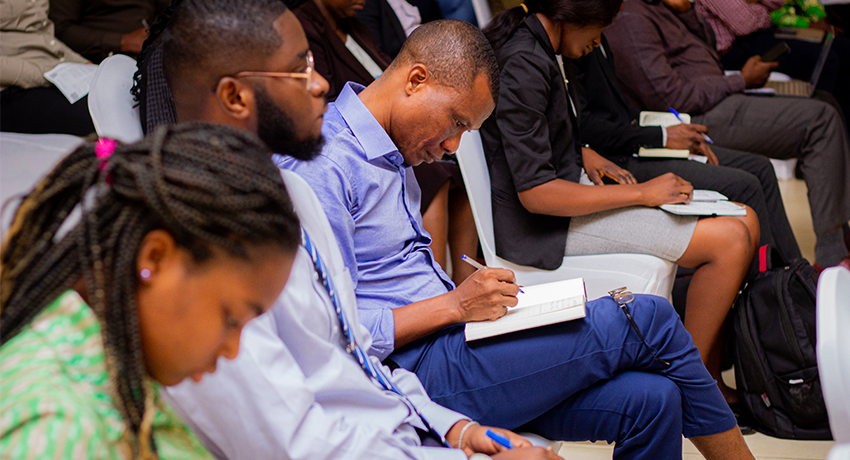
Held at the ISSER Conference Facility, the development dialogue builds on the Institute’s commitment to promoting knowledge for development and providing opportunities for building and strengthening the networks and relationships needed to drive the process.
Watch the full event here, and find below a selection of online media reports drawing on the discussions.
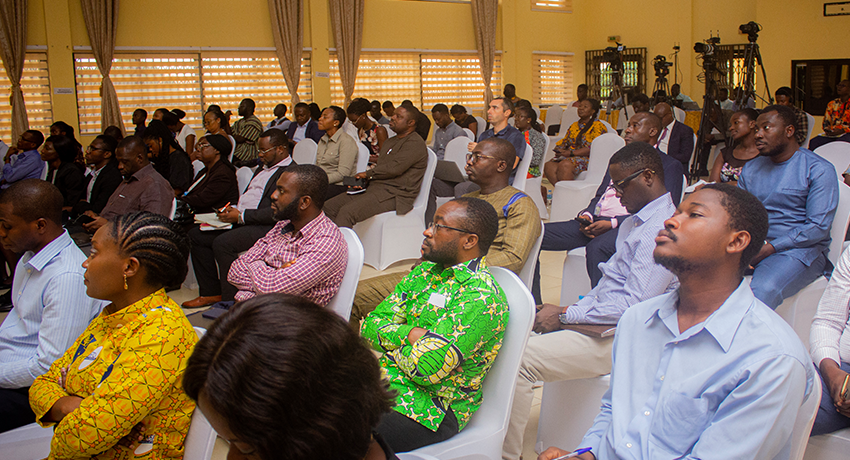
- Log in to post comments

